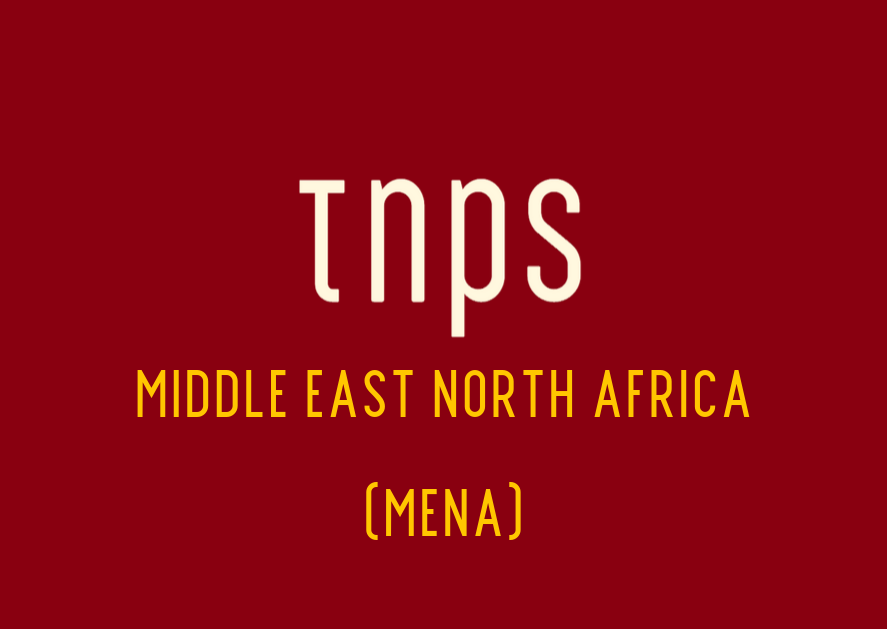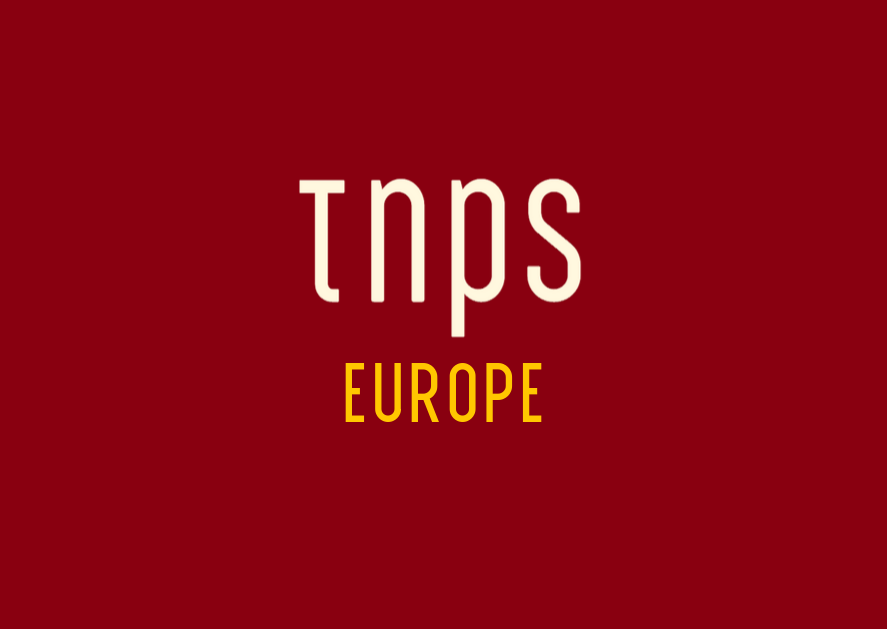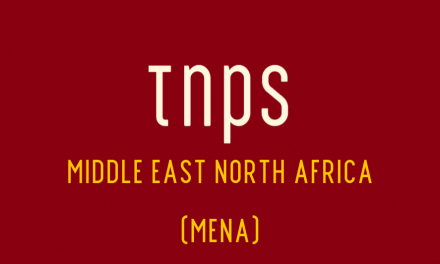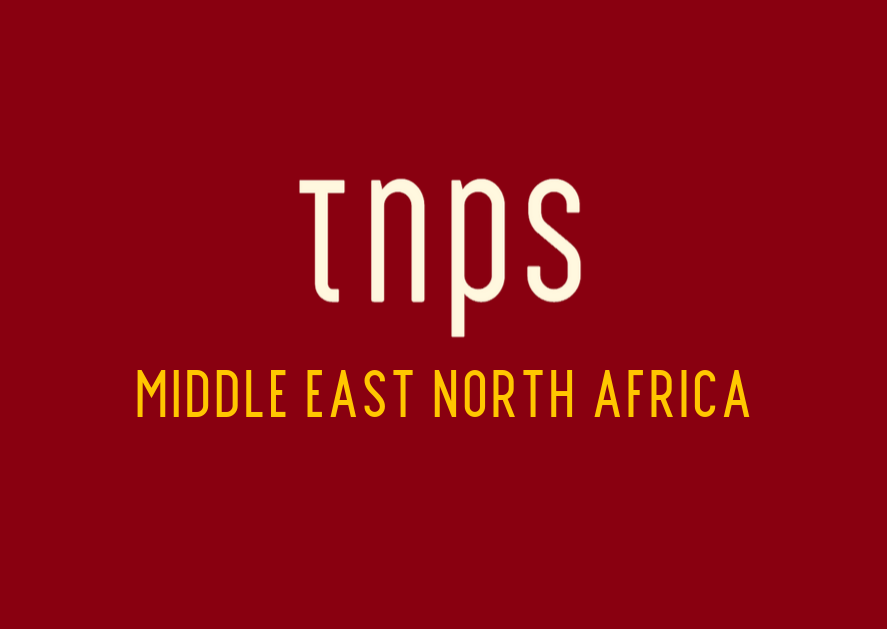Most of history’s civilisations rose, flourished and fell without a book in sight, and when books finally became a thing, many books were a means to oppress and deliver destruction, not to build. “Mein Kampf”, anyone?
Qatar National Library (QNL) recently hosted its annual “Books and Authors” event, emphasizing the library’s pivotal role in supporting cultural activities and fostering creativity among authors in Qatar.
But it was off to a dubious start, with Katia Medawar, speaking on behalf of QNL president HE Dr. Hamad bin Abdulaziz al-Kawari, highlighting the importance of books in “building civilisations,” despite the rise of sophisticated technology.
Yes, you read right. Despite the rise of technology.
Where does one start with that?
Books have been with us along while, in one format or another, but not until the printing press came along – a revolutionary new technology in its time – did books become available widely enough to “build civilisations.”
Most of history’s civilisation rose, flourished and fell without a book in sight, and when books finally became a thing, many books were a means to oppress and deliver destruction, not to build. “Mein Kampf”, anyone?
Also at the QNL, reports the Gulf Times, it was argued that children below 12 years should not be given ebooks to read.
As so often with developing publishing markets, disinformation and willful misunderstanding about developments in publishing continues to be a challenge to progress, as we see with this nonsense about “sophisticated technology” being a a hindrance to building civilisation.”
This post first appeared in the TNPS LinkedIn newsfeed.






Oral histories existed — long before books. How do they fit in?